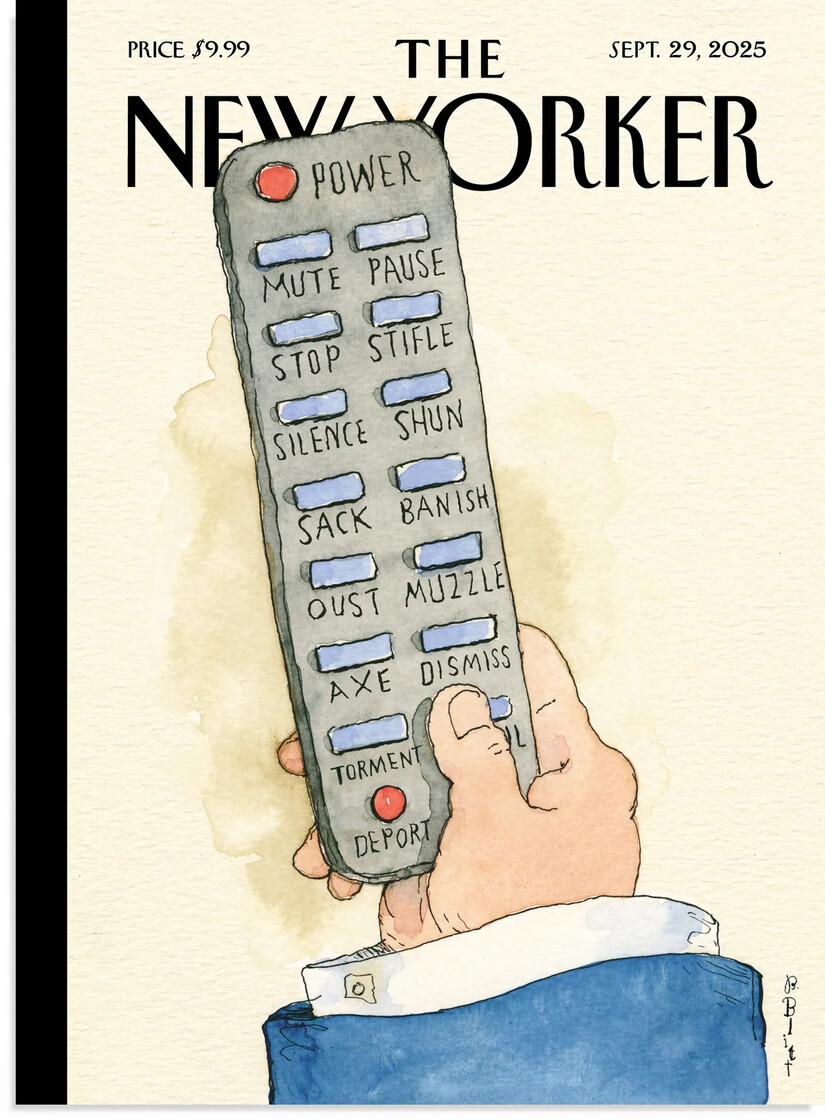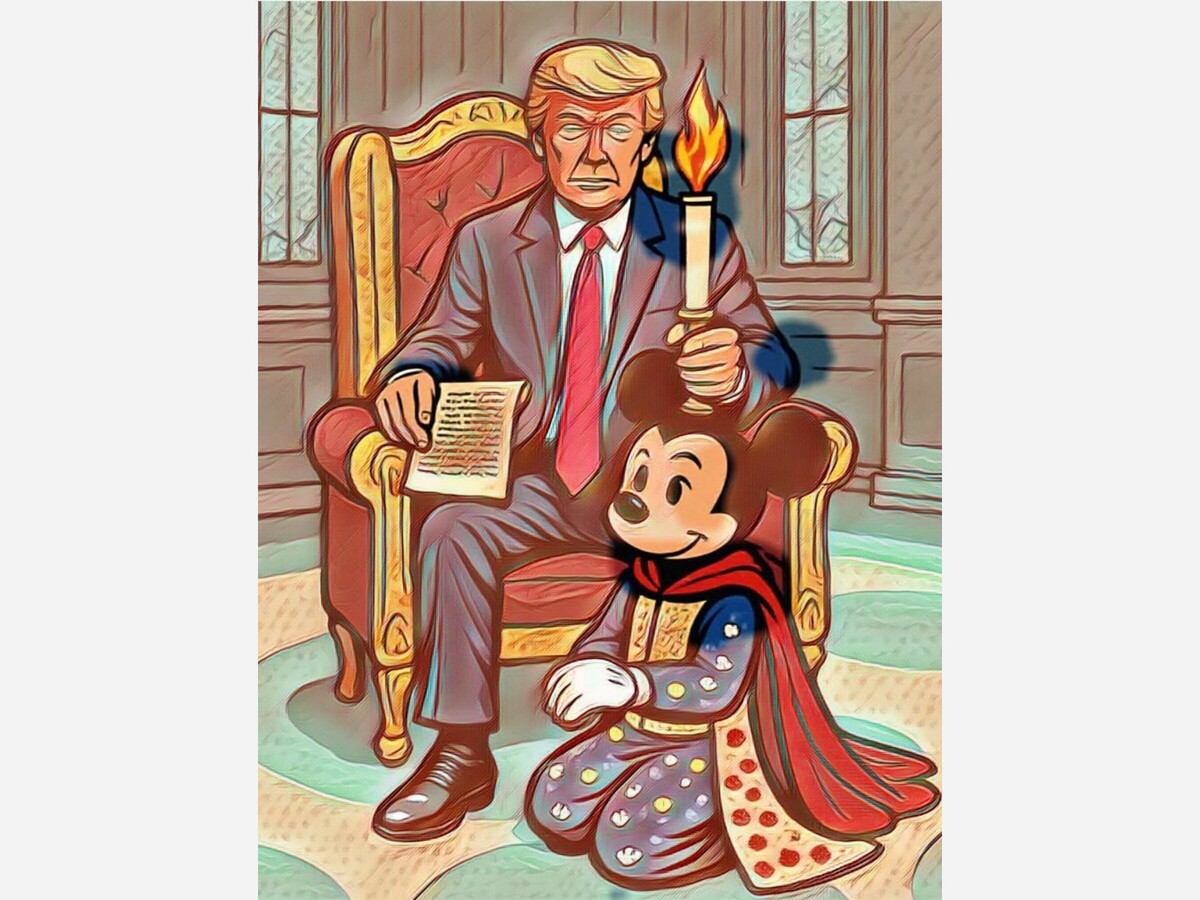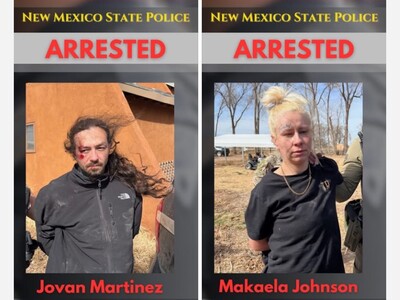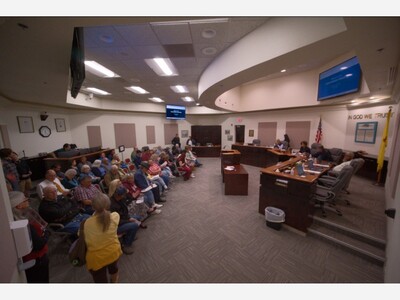suppression of journalism is a classical authoritarian practice - and it is a harbinger of worse things in the future. i tell numerous folks about this website, and when i do, i say it is about the only news source in this region that is willing to ruffle a few feathers...and raise legitimate questions that others turn away from.
a sincere thank you for what you do....

Op-Ed: When Disney Bows, Small-Town Press Must Rise By Chris Edwards
In a stunning display of corporate submission, The Walt Disney Company suspended Jimmy Kimmel under government pressure, igniting a firestorm over the erosion of First Amendment protections. The move was followed by threats from FCC Chairman Carr, who floated license revocation for ABC affiliates. Disney’s swift submission, sent a chilling message: even billion-dollar media giants will kneel when government demands silence.
But the deeper danger lies in places like Alamogordo, Tularosa and other small towns where independent outlets operate without Disney’s war chest, legal teams, or power. Here, the battle for free speech is not theoretical. It’s personal.
This month, a journalist from 2nd Life Media Inc issued a cease-and-desist letter to an Alamogordo Public Schools, after a board member attempted to block coverage of district controversies. The school board member approached the journalist’s secondary employer to pressure them into firing him for endeavors’ outside of the scope of said employer. In nearby Tularosa, the superintendent went further—sending letters to 2nd Life Media’s advertisers, urging them to pull their support in an attempt to coerce the outlet into halting its investigative reporting. The tactics are clear: starve the press into silence.
It didn’t work.
2nd Life Media continues to report, undeterred by intimidation. But these incidents underscore a dangerous trend: when national figures normalize suppression, local officials follow suit. And when small-town press is silenced, communities lose their watchdogs, their storytellers, and their truth-tellers.
A National Pattern of Suppression
The government assault on media has already shuttered dozens of small publishers. In May 2025, the Department of Government Efficiency (DOGE) terminated grants to over 50 outlets, including Transit Books and Milkweed Editions, forcing layoffs. These cuts disproportionately hit nonprofit and literary presses—those least equipped to do battle.
Nearby, the Texas Observer, nearly closed its doors after funding was pulled amid political backlash. The Capitolist faced advertiser boycotts after reporting on state-level corruption. Even student-run papers like The Daily Tar Heel have faced legal threats for exposing administrative misconduct.
This isn’t new. Historically, small presses have always borne the brunt of censorship. In the 1960s, underground papers like The Berkeley Barb and The East Village Other were surveilled by the FBI for antiwar coverage. In the 1980s, Black-owned outlets were targeted during war-on-drugs-era policing debates. And in post-9/11 America, Muslim-run publications faced raids and shutdowns under the guise of national security.
What’s different now is the scale and it being local as well as federal. When the government weaponizes regulatory bodies, and local officials mimic those tactics, the result is a nationwide chilling effect. Legal scholars like Ilya Somin have warned that this “consequence culture” allows government to muzzle critics by abusively pressuring private entities.
How Small Presses Can Fight Back
For 2nd Life Media and others like it, survival means strategy. We must:
- Build legal alliances with groups like the Reporters Committee for Freedom of the Press and the Student Press Law Center
- Expose suppression attempts publicly to rally community support
- Educate audiences about the role of independent media in defending democracy
We must also remember our history. The press has always been the first line of defense against tyranny. When Disney bows, it’s not just a corporate failure—it’s a call to arms for every newsroom without a lobbyist.
In Alamogordo, Tularosa and beyond, we’ve documented corruption, celebrated resilience, and fought for transparency. We’ve covered the Suicide Awareness Bus, exposed police funding gaps, and advocated for a Cultural Arts District that empowers local creators. We’ve done it without fear—and we’ll keep doing it.
Because when giants blink, small-town press must keep its eyes wide open.















